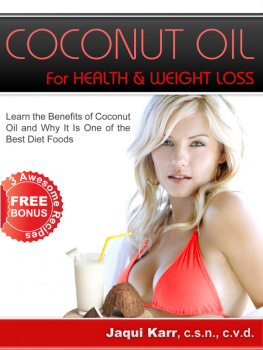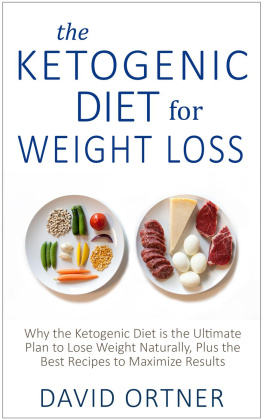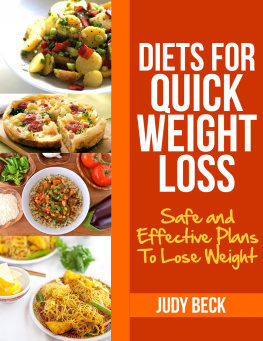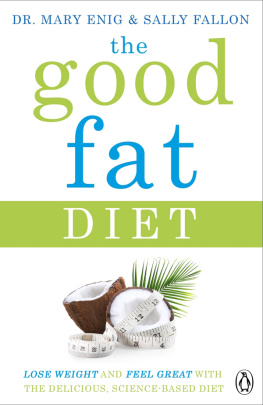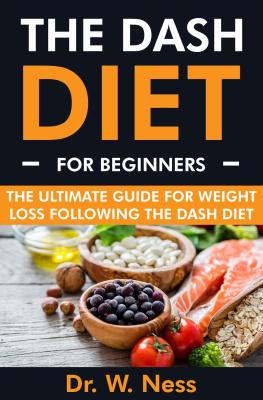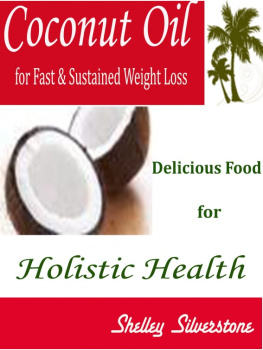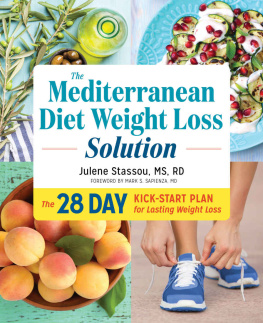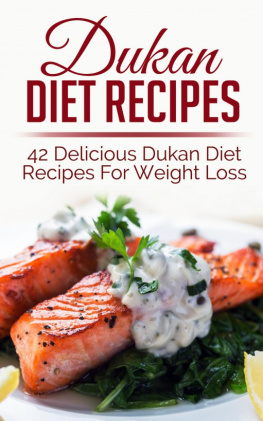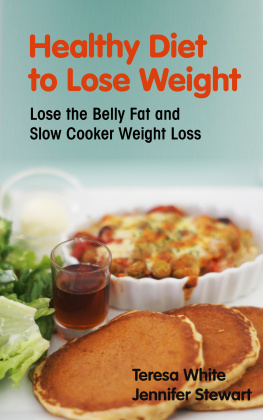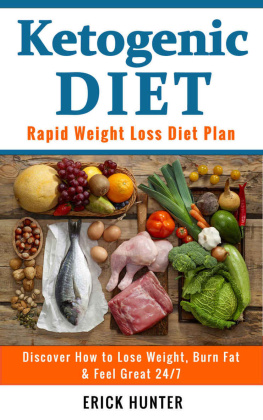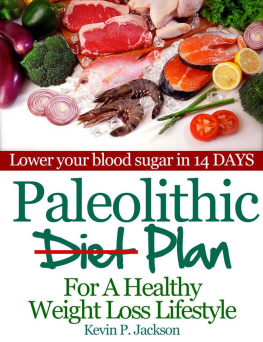COCONUT OIL FOR HEALTH &WEIGHT LOSS
Learn the Benefits ofCoconut Oil and Why It Is One of the Best Diet Foods
by Jaqui Karr, cgp, csn, cvd

For thousands of decadenthealthy gluten free recipes, both raw and cooked, go to my NakedFood page on facebookand subscribe to my Pinterest boards - they'reboth excellent free resources for you, with plenty of recipes usingcoconut oil
TABLE OFCONTENTS
COCONUT OILBENEFITS
Coconut oil in one word:miraculous. Let me tell you why I am 100%pro-coco and how it affects weight loss and healthy body weightmaintenance permanently ...
It promotes liverhealth 1,2 , kidney health 3,4 , intestinalhealth 5,6 , cardiovascular health 7,8 , helps with increasedabsorption of other nutrients 9,10 , weightcontrol 11,12 , has antimicrobial 13,14 effects, and shown to haveboth healing and preventative effects withcancer , diabetes , even neurologicaldisorders . Note: this is only a fraction of the studies that have beenconsistently proving the amazing uses and benefits of coconut oiland MCFAs (explained in a second) for decades.
"Gee Jaqui, that's all great, but how doesthis help me lose weight?"
I hear you and I can tell you this is wherea lot of so-called weight loss gurus go wrong... they focus only oncalorie counting or adding exercise to your regime to burncalories. They are not thinking about other critical things likeliver function (yes, for weight loss)...
Your liver is what helps flush fat from yoursystem. So if your liver is mal-functioning, how effective do youthink all your calorie counting and time on the treadmill willbe?
It's like trying to make a Ferrari run usingthe engine from your sewing machine. It "putt putts" along and thenpoof, quits... which probably sounds like your last diet. Fret not.That's history.
YOU are the Ferrari. All of you needs to beworking well and be well oiled and well fuelled to get optimalresults. Calorie counting isn't the answer. A body functioning atexcellent capacity is.
Intestinal health: if your food isn't"moving along" and taking unnecessary "debris" with it, 2000crunches a day won't give you flat abs. If your colon is sufferingfrom inflammation, is blocked, and inevitably bloated - you're notgetting that sexy physique you want so much. Hmmm, suddenlyintestinal health might be something we should directly link tobikini bods ;)
"Effective, real, permanent weight loss" -not words from marketing ads with zero results; the real deal comesfrom your body being a "well oiled machine", literally!
...I should mention coconut oil has manymore health benefits. I'm asked about weight loss the most, and Iwanted to keep this report really short and easy to read, so Ididn't include the full "medical file". It really is a miracle foodin many ways. I put a spoon of it right under my tongue every daylike a ritual, right after drinking my first tall glass of water inthe morning.

THE MEDICAL FACTS ANDUNDERSTANDING FAT
So with the mile long listof benefits, why would coconut oil ever get a bad rap? Its fatcontent.
There are some veryrenowned doctors claiming we should avoid ALL fats. Allfats? Really? Let's think about that a moment... are they suggesting that ahighly processed toxic candy bar containing 53 ingredients that noone can pronounce is the same as an avocado? Do we need a medicaldegree to know that it is not the same at all?
Here is the other thing to consider: whenthey test for obesity and heart disease, do you think they aretesting with healthy fats found in 100% plant based foods? They arenot testing for arterial plaque caused by almonds, avocado, andcoconut; they are testing with bad fats, processed junk food, andso on. So why allow these two types of edibles (one is actual food,the other is posing as food) to be categorized the same way? It'sall wrong.
Look at this dish and let your naturalinstincts guide you; there is no question that it is GREAT foryou!
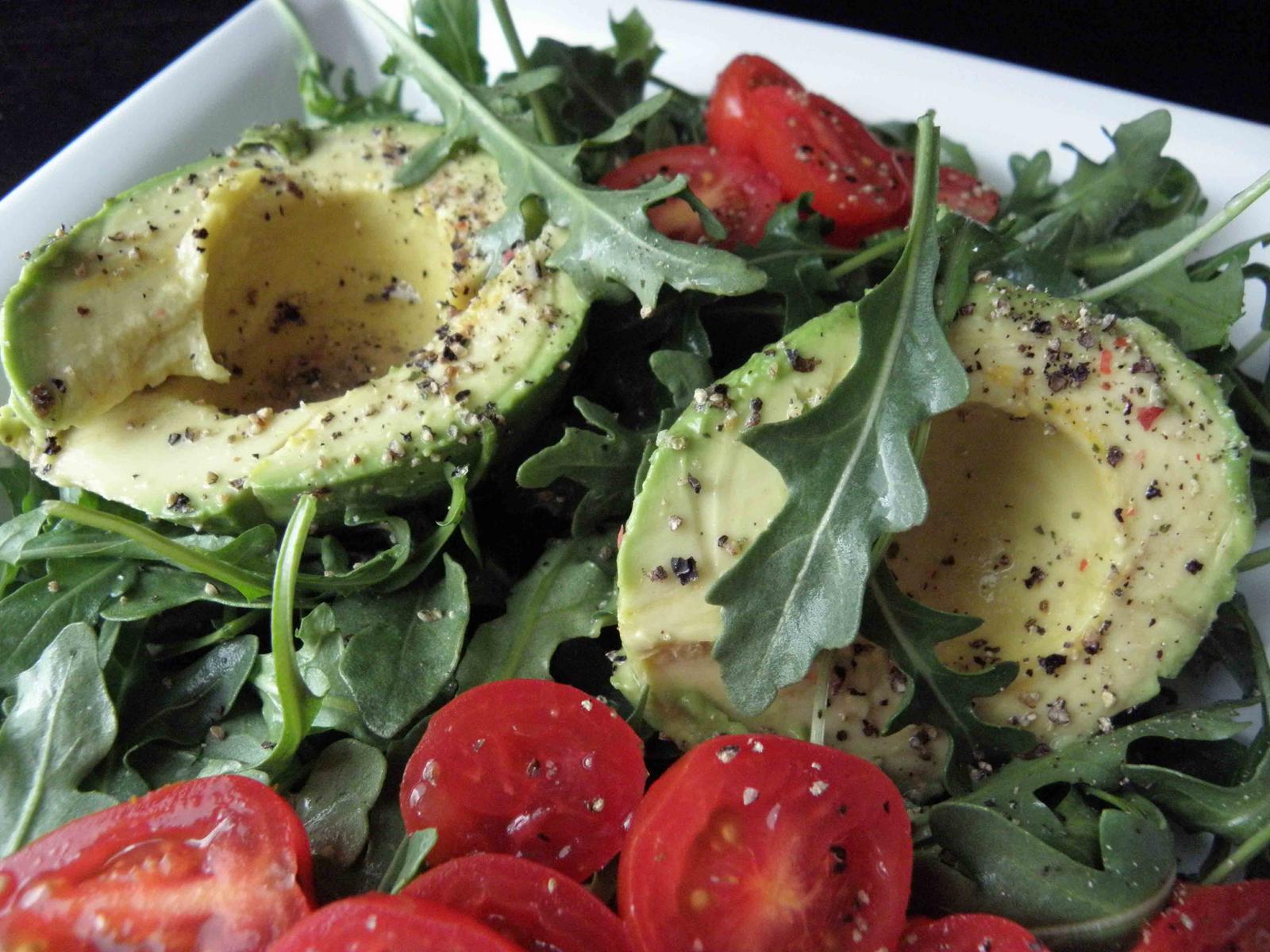
The fact is that not all fats were createdequal and to understand why the fat in coconut oil is an ally andnot an enemy, we need to understand fats in general it is not assimple as saturated=bad and monounsaturated=not-so-bad.
The reason terms like "low in saturated fat"are widely used is because food companies can't get into longscientific explanations on 30 second TV commercials or magazineinserts or on tiny food labels (and who would take the time to readthem if they did?). So the mainstream finds short phrases that"sound healthy" to keep things simple. I don't care if theintentions are good or bad, the end result is still an uninformedconsumer.
You can't conquersomething you don't understand. Forget the"10 quick tips" in your favorite magazine (admit it, you haveissues from 1992 piled up in your room and you're still battlingwith the weight monster). Take 10 minutes and truly understandfats: you do that once, you then know the facts, and you're goodforever. I like the words "good forever", don't you?
The actual molecule of fatitself is the key here. The length of thecarbon chains within each fatty acid determines its effect on yoursystem. That length, or chain, is classified as SCFA (short-chainfatty acids), MCFA (medium chain), or LCFA (long chain).
Coconut oil is an MCFA. A long list ofstudies pointing to beneficial effects of fats all point to MCFAs.Whether they are saturated or not is not the only thing toconsider, the main fact that counts is the length of chains.
The million dollar questionthat coconut oil criticizers cant seem to answer is whysocieties 19,20 all over the world who consume coconut and coconutoil regularly in their diets have very low cholesterol andpractically no heart disease. Ancientwisdom comes to mind but well settle for the limited knowledge wehave with studies to date.
The subject of fat andcholesterol isnt a conclusive issue. One study shows that lauricacid (which makes up for half the fat in coconut oil) results in amore favorable serum lipid profile in healthy men and women thanconsumption of a solid fat rich in trans-fatty acids .
There are 4 types of saturated fat toexamine in our discussion:
myristic acids (palm oil, dairy, coconutoil=18%)
palmitic acid (palm oil, animal fats,coconut oil=8%)
stearic acids (butter, cocoa butter, lard,beef)
lauric acid (palm oil,coconut oil=50% lauric acid) the only othersource where lauric acid is found in such high quantities ismothers breast milk, which also sayssomething
Dr. Mary Enig, Ph.D., biochemist, one of theworld's leading authorities on fats and oils says: "Approximately50% of the fatty acids in coconut fat are lauric acid. Lauric acidis a medium chain fatty acid, which has the additional beneficialfunction of being formed into monolaurin in the human or animalbody. Monolaurin is the antiviral, antibacterial, and antiprotozoalmonoglyceride used by the human or animal to destroy lipid coatedviruses such as HIV, herpes, cytomegalovirus, influenza, variouspathogenic bacteria including listeria monocytogenes andheliobacter pylori, and protozoa such as giardia lamblia. Somestudies have also shown some antimicrobial effects of the freelauric acid."
Anotherstudy showed that stearic acids increased risks to coronary heartdisease more than the other 3 types of fat (probably because itdecreases HDL) despite the fact that it is converted to oleic acidonce it reaches the liver. But what about lauric acid which makesup for half of coconut oil though it does raise total cholesterol,it raises HDL (good cholesterol) more than LDL (badcholesterol) so the overall effect is still positive. Ancient wisdom and moderation. It will take years, if ever, for new studies toreach conclusive results regarding the 4 types of saturated fat andall their effects. But millions of people worldwide is solid factto go on.
Next page
